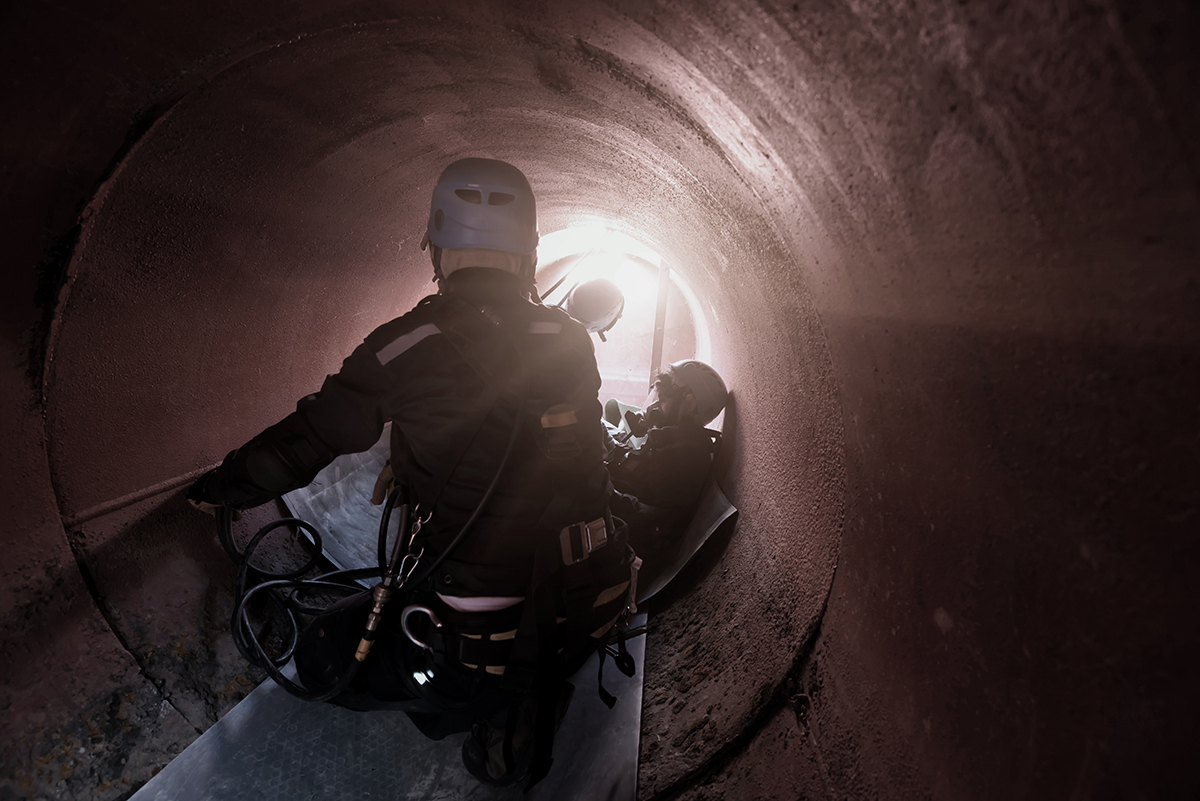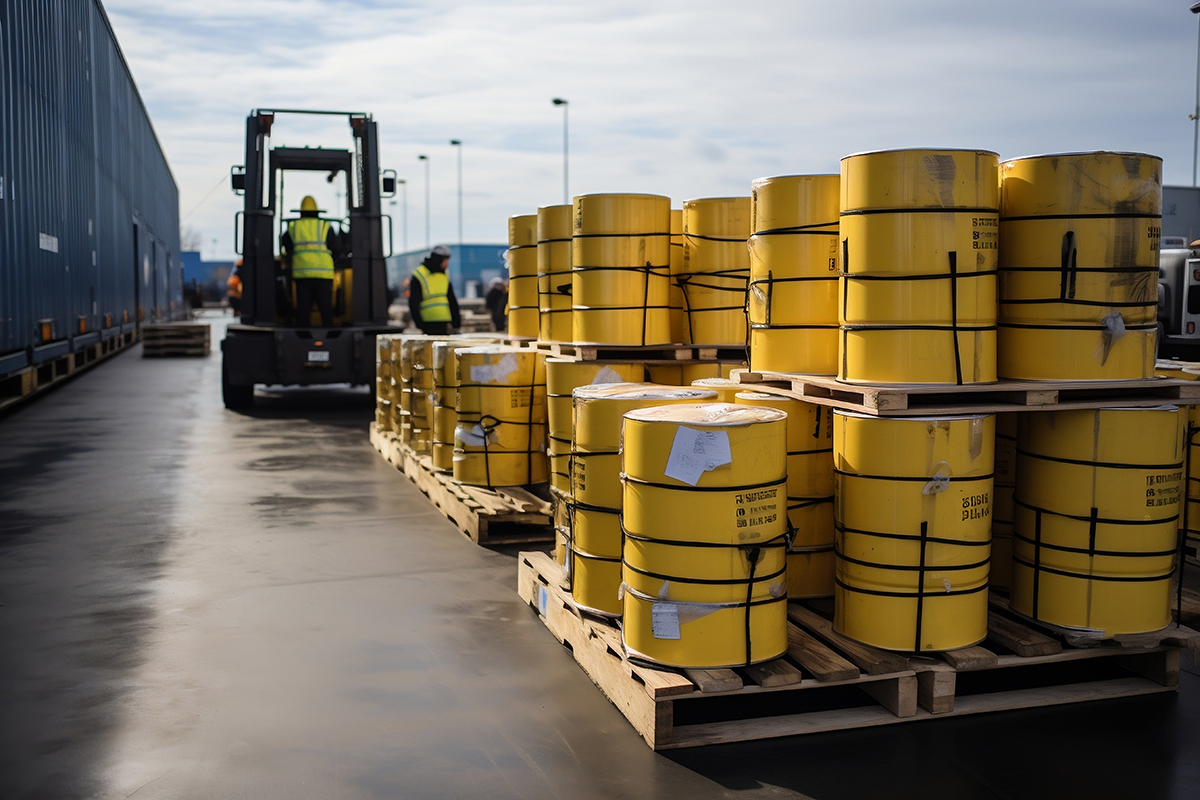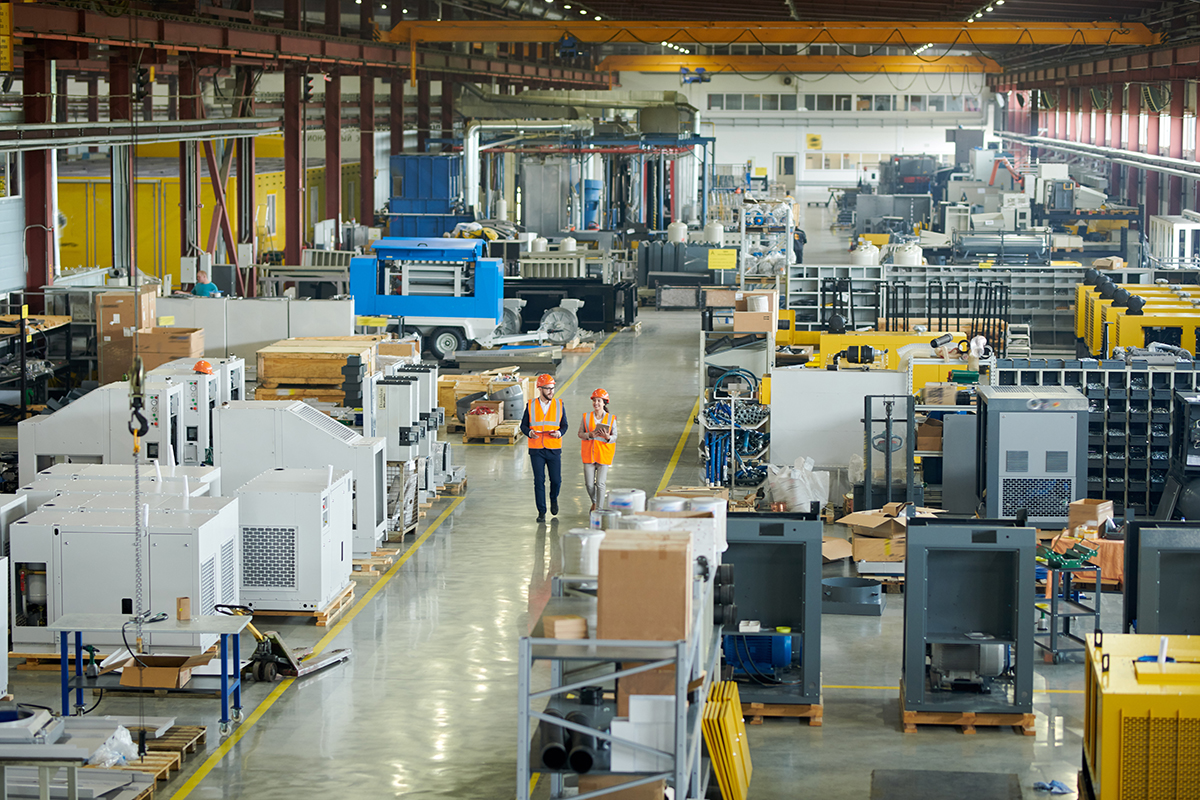- Who we are
- Business Risk
- Property Risk
- Health & Safety
- Insights
- Contact us

Traffic management relates to many types of workplaces from small business to industrial and may look at:
Understanding and ensuring the interaction of vehicles and people is being managed effectively can be vital to business. Issues that may be considered in this process could include:
Using practical solutions based on time spent observing and talking to key users to understand your particular business needs, we can provide general recommendations through to detailed traffic management plans to help assist you in managing potentially one of your biggest risks to health and safety.

Fall prevention is often included as part of other risks that we look at when undertaking reviews of business sites and procedures. It can be something that is often overlooked unless it is a clear risk such as working on, or accessing an obvious high level, such as a roof or using a business maintenance unit (BMU) for abseiling down high-rise buildings.
Understanding tasks that are undertaken within your business and areas, or access points that create a fall risk, are important to understand in order to consider and implement appropriate controls.
Fall risks occur across a myriad of different locations and situations, some of the areas Riskcom have reviewed include:
Riskcom has experienced consultants who can assist you in understanding and managing fall risks through development of procedures, undertaking physical reviews of roofs, voids, balustrades and points of entry.

Confined spaces continue to claim the lives of workers around Australia. This is why at Riskcom confined spaces are deemed to be one of industries’ ‘critical risks’. Critical risks are those risks resulting from hazards that reasonably have the potential to permanently disable or fatally injure one of your people.
Understanding the risk of confined spaces is critical if you are to meet your H&S obligations in this area. Identifying and understanding what constitutes a confined space can be difficult for a lot of businesses. However, as a business owner or manager, it is important that you have a clear understanding of the following:
Due to the potential for change in atmosphere, exposure to gases or vapour, as well as explosion or fire, confined spaces have the potential to be fatal if work is carried out in them. We can undertake a detailed confined space risk assessment against the relevant H&S regulations and Australian Standard 2865.
Completing the necessary risk assessments of your confined spaces, building a confined space register, developing a management procedure for effectively managing your confined spaces and training your people in confined space entry are all steps that we can help assist you with.

Hazardous substances and dangerous goods, also known as hazardous chemicals, are commonly used throughout many workplaces on a daily basis.
For much of the time, the quantities are minor (e.g. petrol to power a whipper snipper); however, there are some hazardous substances that may be in small volumes but can cause long term health effects and have prolonged periods of latency before becoming evident (e.g. some carcinogens).
Typically hazardous materials include asbestos containing products, toxic chemicals, carcinogens, flammable, corrosive, chemically reacting or oxidising chemicals.
Some businesses may have significant volumes of these chemicals, and these can invariably be managed safely and effectively through good management practices such as storage, handling, identification and knowledge of their potential risks. However large quantities of stored goods including can also prove to be more complex and even missed, for example food additives and colours in food manufacturing.
Whether you are a business owner, manager or worker, you have an obligation to manage hazardous materials so that they do not cause immediate or long-term damage to another person or the environment. This includes having appropriate knowledge of chemicals at your site, training, storage and transport. Poor management can prove costly no matter the size of your business, and linkages to appropriate emergency management are important, whether you have placard or manifest quantities or just gas bottles for your forklifts.
Contact us for an appraisal of your various chemicals on site and let us help you to manage the risk that may exist to ensure a safe place of work for your people.

Having a clear understanding of health and safety related risks within a business is one of the first steps to help manage them. Health and safety may be one of many risks to a business, but it is one that requires detailed understanding as it can have a profound effect on a business and be influenced by many people within that business.
Riskcom can help you develop a risk register that sits within your business risk model or can exist as a standalone register. For larger businesses with multiple sites either in one state, or nationally, site risk registers are vital to understanding and consolidating enterprise - wide approaches to risk as well as managing and making educated commercial decisions to manage specific risks. Risk registers are a functional tool when it comes to planning your annual health and safety strategy as they identify the critical business risks and provide boards and executives with a clear understanding of their responsibilities as a Person Conducting a Business or Undertaking (PCBU) which may assist in directing them in managing their due diligence responsibilities.

Plant and equipment can be a significant investment and, in many businesses, it can be the central resource (e.g. manufacturing) which allows a business to operate, as well as a potential critical risk within a business. These factors contribute to making the management of plant and equipment essential. However, there are many more issues around plant that require management and understanding as well as legislation. During our work, we see a lot of plant that represents risks to users and businesses. Issues can relate to a large number of hazards and may include:
We can assist businesses in a range of ways such as:
Due to the complexity of plant and the time that may be involved, we find that companies that have experienced health and safety professionals and maintenance teams need assistance to undertake this work outside of their usual schedule and assurance from a second party.
Riskcom has highly skilled consultants who have experience and knowledge with food and other product manufacturing plants, large packaging and distribution centres, airlines, commercial properties, mining and small business.